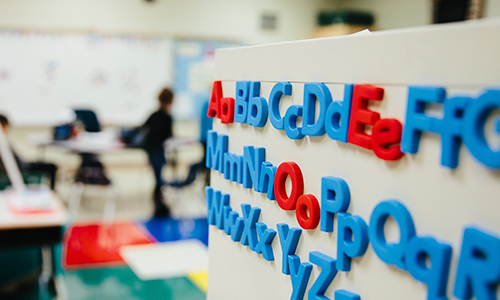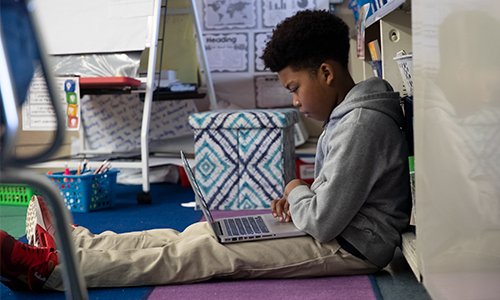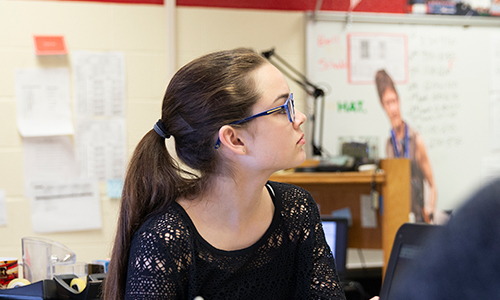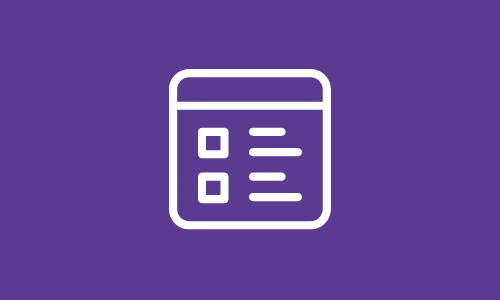Social-emotional learning
Students don’t learn only during the school year, and academic growth trajectories can change as students move from kindergarten through high school. Academic growth patterns across time—both in school and during the summer—can differ for various groups of students, and those patterns can influence academic achievement gaps. Our research advances understanding of seasonal learning patterns, summer loss, and school and non-school contributions to student growth.


English Language Learners, self-efficacy, and the achievement gap
Learn more about the relationship between self-efficacy and the persistence of achievement gaps for English Language Learners.
By: James Soland
Topics: Equity, English Language Learners, Social-emotional learning


Are achievement gap estimates biased by differential student test effort?
New research shows that test effort differs substantially across student gender and racial subgroups. What does this mean for achievement gap estimates?
By: James Soland
Topics: Equity, School & test engagement, Social-emotional learning


Do students’ social-emotional learning (SEL) skills in middle school predict being off-track to graduate high school?
By: James Soland, Megan Kuhfeld
Topics: Growth modeling, High-growth schools & practices, Social-emotional learning


Are test and academic disengagement related? Implications for measurement and practice
In this study, we examine whether behaviors indicative of academic disengagement like chronic absenteeism and course failures are related to behaviors indicative of test disengagement like rapidly guessing on items.
By: Emily Wolk, Sharon Bi, Tran Keys
Topics: High school, School & test engagement, Social-emotional learning


Design Challenge winner: Student assessment engagement
In this CASEL Measuring SEL blog, James Soland shares how work with Santa Ana Unified School District led to new insights on how item response times and test metadata may provide insight into student SEL.
By: James Soland
Topics: School & test engagement, Innovations in reporting & assessment, Social-emotional learning


